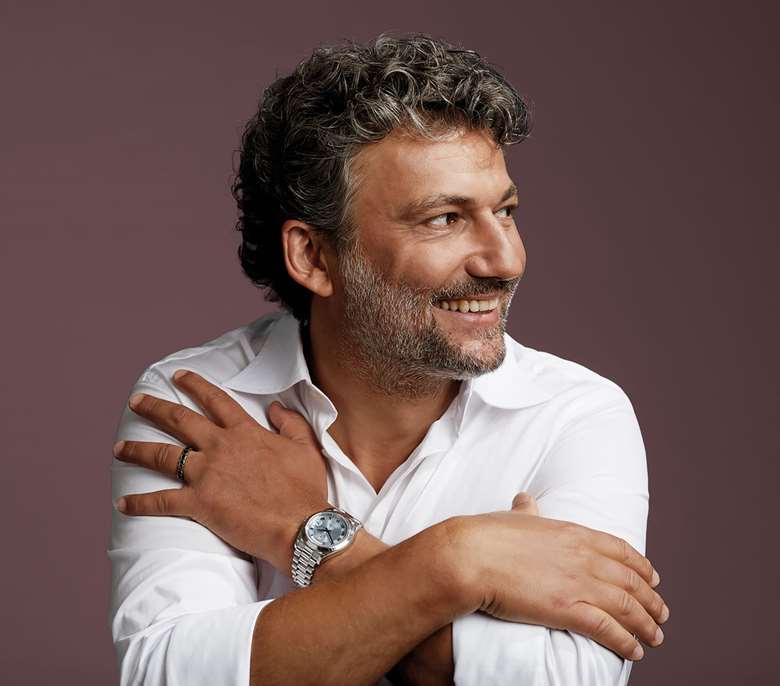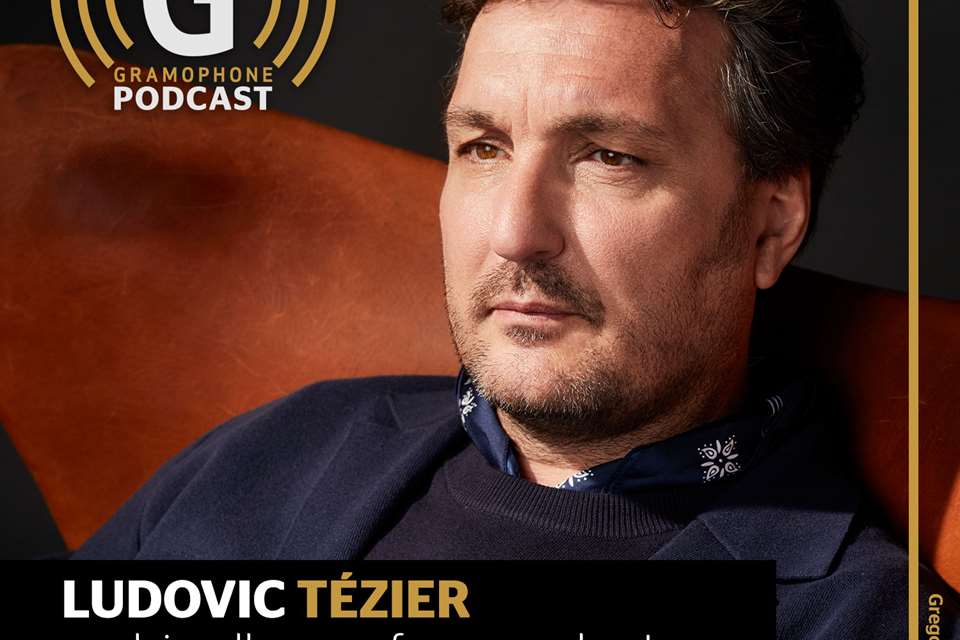Jonas Kaufmann interview: ‘I could sing Parsifal many times every year, but I don’t ... It’s too precious to just use it as a vehicle to make money’
Mark Pullinger
Friday, April 5, 2024
Jonas Kaufmann returns to one of Wagner’s great roles, in a production now issued by Sony Classical. He tells Mark Pullinger about being part of an all-star performance in an empty opera house – and reveals a wish list of future plans

Register now to continue reading
Thanks for exploring the Gramophone website. Sign up for a free account today to enjoy the following benefits:
- Free access to 3 subscriber-only articles per month
- Unlimited access to our news, podcasts and awards pages
- Free weekly email newsletter









